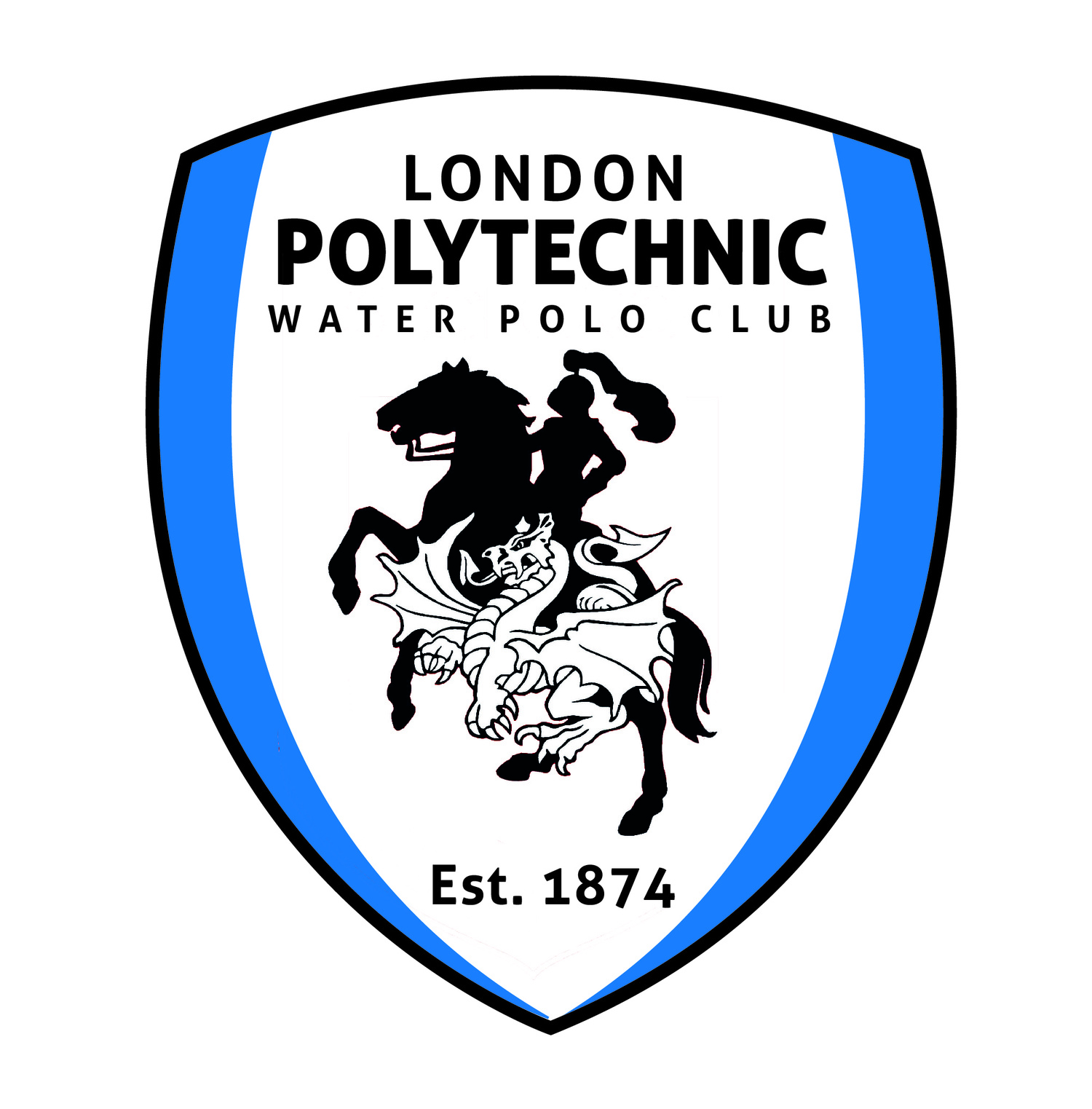Andy Lench
Andy joined the Poly from Aston in 1972, and made an instant impact with his “aggressive forward play, enthusiasm and lethal left-handed shot”. He went on the famed Batman tour to Dubrovnik that year, which was important to the development the team as a whole, as well as giving Andy thoughts about how to further his polo career later. By the end of that season he had cemented his position as a senior GB international, at the age of only 18.
In 1973 he went on to become the club’s leading goalscorer with 108 goals to Terry Bensted’s 56 and Chris Ayling’s 54, but was still looking to develop further so, in 1974, he took off for six months to play for the Jug Dubrovnik team in the Yugoslavian professional league. For a British water polo player to make it in this league is quite astonishing. Being a left-hander might have opened the door for him, but he probably would have kicked it down anyway. He was soon amongst Jug’s leading goal-scorers and trusted to take all their penalties.
For those that never saw him play, it is important to put his performance level into context. Water polo is a sport that gives tall players a huge advantage and, without being rude, Andy was definitely on the short side. However, he compensated for this with immense strength, mobility, aggression and powerful shooting ability. Amongst small men, only the great Manuel Estiarte comes to mind as a benchmark. Of course this comparison is invidious. Estiarte was revered throughout Spain as the player who eventually brought the Olympic gold medal back to the country, after 23 years in the national team, scoring 1,561 goals in 580 appearances. And even if his style of play was reminiscent of Estiarte’s, Andy was little known for such skills outside water polo circles. That’s just how it is in British water polo.
He came back from Yugoslavia an improved player, contributing to another league title win in 1974, but decided to miss the European Championships with GB, which was just as well as he went down with appendicitis. In the Aquafresh 5-a-side tournament that year he scored 7 goals, as many as the Hungarian international Tamas Farago, at that time the most deadly forward in the world.
In 1975, back to full form, he scored 62 goals in the National League, a club record, but the end of season was marred by defeat to Leamington and a six-month ban for swearing at the referee who had contributed to Poly’s downfall. Having achieved just about everything possible in British water polo, he was restless for a new challenge and it was no surprise when he left at the end of the next season, after helping Poly to another league-and-cup double success.
Within the next twelve months Andy had moved to America, fallen in love with Frances (who he had met at the Montreal Olympics), chased her half way across the states, settled in San Francisco where he found work, obtained citizenship and clambered the greasy pole to business success. He took the same drive into his business career as he had put into sport and his competitiveness, enthusiasm and commitment paid off in much the same way. By 1978 he and Francie had started a family, and Andy was thinking of setting up his own business rather than making money for other people. Restless again, he soon he switched from trading hair products to importing fine wine from France to the west coast of America. The family moved to Washington state not far from Seattle and the business prospered.
Throughout this period Andy kept in regular contact with his old team-mates in the Poly as he made regular return trips to establish business contacts in France and make a name for himself in the wine business. As someone who had not previously been a serious drinker it was rather strange to see him develop wine-tasting skills, an art which he has now completely mastered. And as his business flourished, he began to invest in French wine production, becoming the proud owner of Château Carignan near Bordeaux.
For a considerable time now, Andy’s life-style has been split between Washington and Europe and he has maintained his close friendship with the Poly old boys, often hosting them in Bordeaux or going to rugby internationals together. His commitment to the club, and his generosity towards it, are now the stuff of legend. He has been a frequent donor in times of need and regularly contributed extravagant prizes to the Poly auctions. The club is lucky, and proud, to have him as one of its great all-time heroes.

